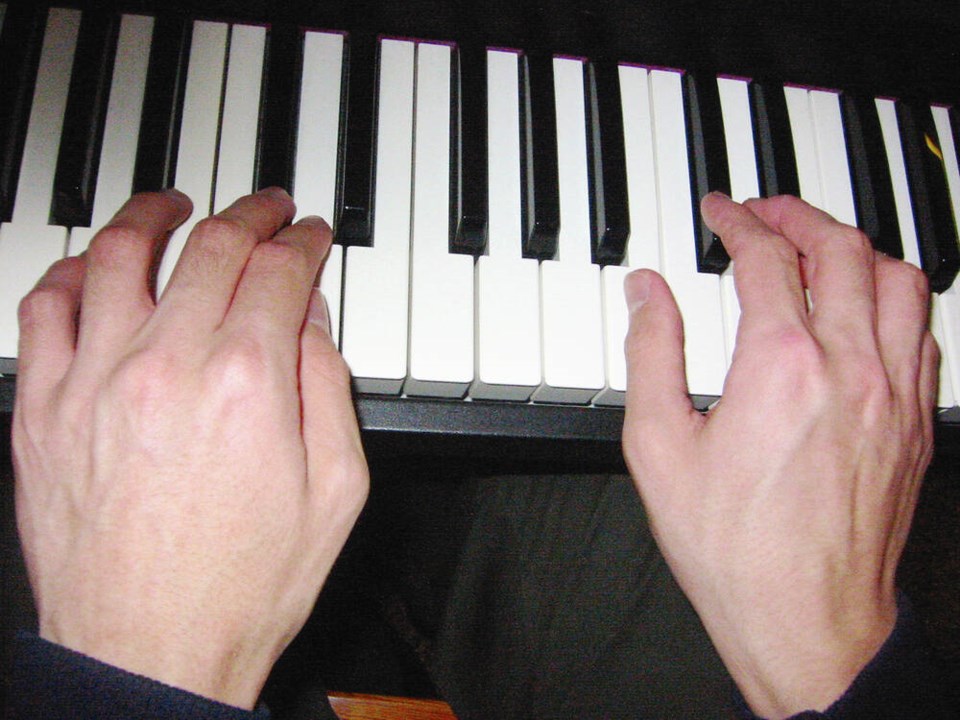A study published in 2019 in the Journal of Educational Psychology reported that high school students involved with instrumental or choral music achieved better grades across a variety of subjects in comparison with their non-musical peers.
Professors Peter Gouzouasis, Martin Guhn, and Scott Emerson of UBC analyzed exam results in English, math, and science of 112,000 students who graduated from sa国际传媒 public schools between 2012 and 2015 and found that students who were musicians performed better academically.
Regardless of other data such as socioeconomic background, previous learning in these subjects, ethnicity and gender, the researchers discovered that musicians performed better on final exams.
Not only that but: “The students who learned to play a musical instrument in elementary and continued playing in high school not only score significantly higher, but were about one academic year ahead of their non-music peers with regard to their English, mathematics and science skills,” said Gouzouasis.
Difficult to understand then, the logic which puts music programs on the chopping block when educational organizations like school districts or even universities have trouble balancing their operating budgets.
“Often, resources for music education are cut so that they could focus on math, science and English,” says Gouzouasis. “The irony is that music education can be the very thing that improves all-around academic achievement and an ideal way to have students learn more holistically.”
Tasha L. Golden, in an article published in the online journal Frontiers of Psychology, proposes that “music can also serve as a catalyst for social connection and support, breaking down barriers and bridging divides. Emerging evidence indicates that music has the potential to enhance prosocial behavior, promote social connectedness, and develop emotional competence.”
Professor James Goodwin is director of science and research impact at the Brain Health Network at the U.K.’s Loughborough University. He agrees. In his 2021 book SuperchargeYour Brain: How to Maintain a Healthy Brain Throughout Your Life, Goodwin writes that “learning to play an instrument has been determined by psychologists to be a ‘cognitively stimulating activity’ — that is, it helps to maintain our thinking skills and translates into better function in everyday life, something psychologists call ‘far transfer’.”
Despite all this research-based evidence, Vancouver Island University is in discussions about slashing its nationally highly regarded music program in a bid to tamp down an operating budget deficit.
The bachelor of music degree and jazz diploma programs are on the table as part of plans to reduce academic department expenditures by 10 per cent and non-academic departments by five per cent.
The loss of the jazz program is especially troubling. In a kind of Catch 22 situation, student admission to the program was paused in 2020; when admissions resumed recently, there were fewer than 10 applicants.
Why is the loss of the jazz program significant? Jazz is a non-academic program, right?
That’s like saying algebra is just about messing around with x’s and y’s or calculus is just about rates of change — cars rolling to a stop and so on.
In fact, jazz is the study of a highly complex and challenging combination of factors which combine to create new music from an existing tune. Academically, a jazz program will deal with the 12 major and 12 minor scales and the relationships of the notes within those scales and the best uses those scales allow.
Then there are augmented, diminished scales and carnatic scales. This last scale, the carnatic, has a Middle Eastern flavour and is the one Dave Brubeck’s popular Take Five is based upon, along with alto sax player Paul Desmond’s legendary solo on the same tune.
English guitarist’s John McLaughlin’s Mahavishnu Orchestra uses the same scale to get its Indian classical sound.
A jazz program deals with a full spectrum of styles of jazz from the revolutionary genius of Charley Parker’s almost frantic “be bop” style to the cool, lean minimalist stylings of players like Miles Davis.
Jazz students learn about the uses of Ionian, Dorian, Phrygian, Lydian, Mixolydian, Aeolian and Locrian modes of music all within the same scale.
A program in jazz studies is just as academically rigorous as a course in algebra or calculus but it offers far, far more.
As Vancouver Island University’s own promotional material advertises, “the Jazz Studies program will foster the acquisition of professional skills in a variety of performance genres. It offers a study of musical theory and composition, music history in general and jazz and pop music history in particular.”
What a loss that would be.
Geoff Johnson is a former superintendent of schools.
>>> To comment on this article, write a letter to the editor: [email protected]



